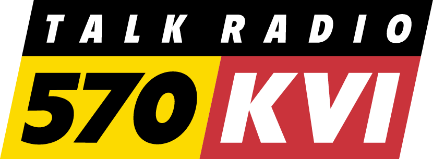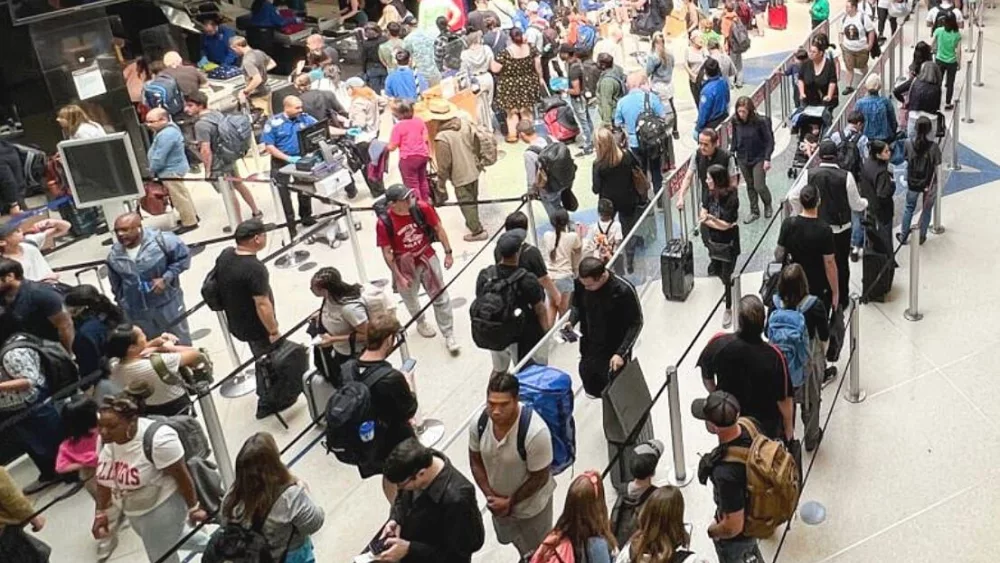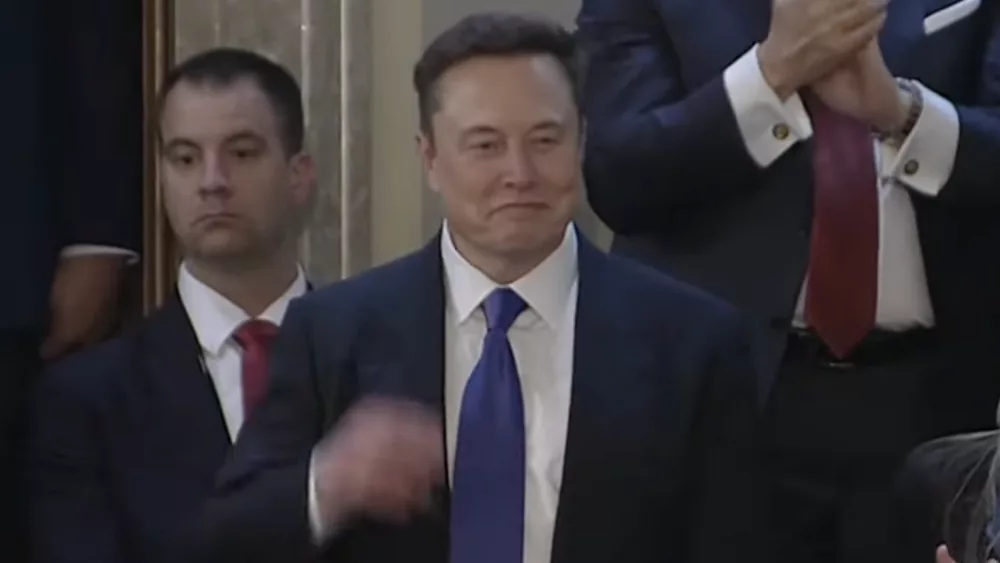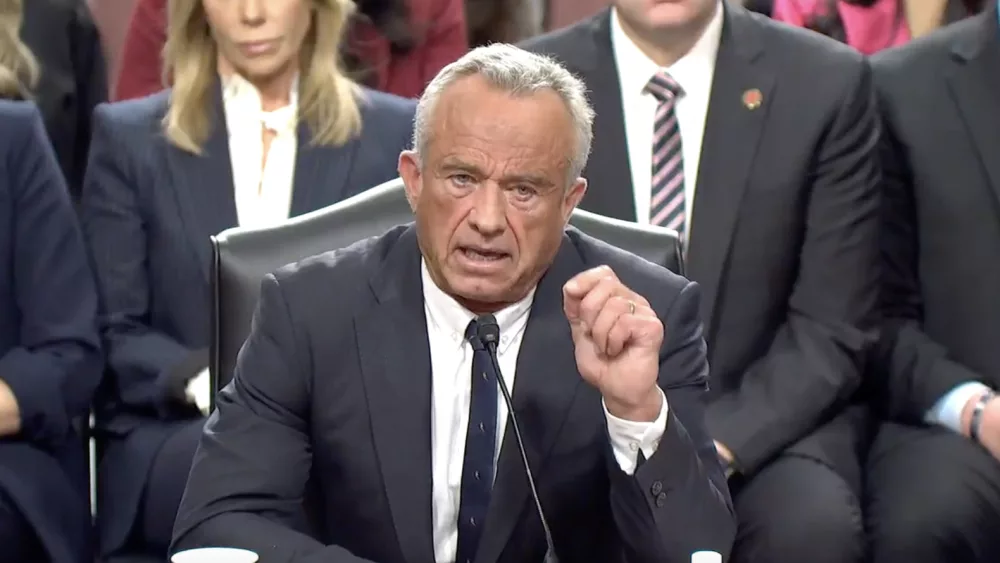(The Center Square) – Legislation to make changes to the Climate Commitment Act to facilitate linking Washington state’s carbon market with the joint California-Quebec carbon market moved forward this week.
House Bill 2201 – and companion legislation in the other chamber, Senate Bill 6058 – is meant to amend the CCA to synchronize with California and Quebec as a cost-containment tool to ensure the program continues to run smoothly.
A second substitute version of HB 2201 was passed out of executive session by the House Appropriations Committee on Monday.
The version passed by the committee included an amendment that changes how imported electricity is dealt with, including adding a new definition of wheeled electricity – that is, the transportation of electric energy from within an electrical grid to an electrical load outside the grid boundaries.
Other changes made by the amendment include allowing the Department of Ecology to withdraw from any linkage agreement if necessary; providing a new process for Ecology to post quarterly updates and notify legislative committees on the status of linkage efforts; and changing carbon intensity requirements for biofuels from 40% lower than comparable petroleum fuels to 20% in order to be exempt from CCA compliance obligations.
“All of these changes are with an eye towards moving us to a broader linked market with California and Quebec,” Rep. Joe Fitzgibbon, D-Seattle, said.
Rep. Mary Dye, R-Pomeroy, called it a “reasonable amendment.”
Looking into linkage is motivated by the fact joining up with the California-Quebec market may be required to maintain the viability of Washington’s carbon market.
An Oct. 12 Ecology report concluded being part of a larger climate market should result in companies paying lower prices for emissions allowances in Washington.
“Linkage would likely improve the cap-and-invest program’s economic durability, longevity, and efficacy,” the report said. “In a larger, more liquid market with a greater number of participants, allowance prices would likely be lower and change more predictably. Predictable prices can foster greater investments in decarbonization.”
The report warns that not pursuing linkage could be a mistake that endangers the entire program.
“Therefore, Washington continuing as a standalone program and rejecting linkage could lead to the program being curtailed or even repealed, making it significantly more difficult for our state to meet its GHG [greenhouse gas] emission reduction mandates,” the report concluded.
Also threatening to sink Washington’s cap-and-trade program entirely is Initiative 2117 to the Legislature, which was certified last month by the Secretary of State’s Office.
I-2117 would prohibit carbon tax credit trading – cap-and-trade – and repeal provisions of the CCA passed by the Legislature and signed into law by Gov. Jay Inslee in 2021.
The Legislature may approve I-2117 or send it to voters. If I-2117 is rejected by the Legislature or the Legislature takes no action by the end of session on March 7, it will go on the November ballot. The Legislature may also pass an alternative proposal to accompany I-2117 on the ballot.
HB 2201 has been placed on the second reading calendar for debate before the full House.




